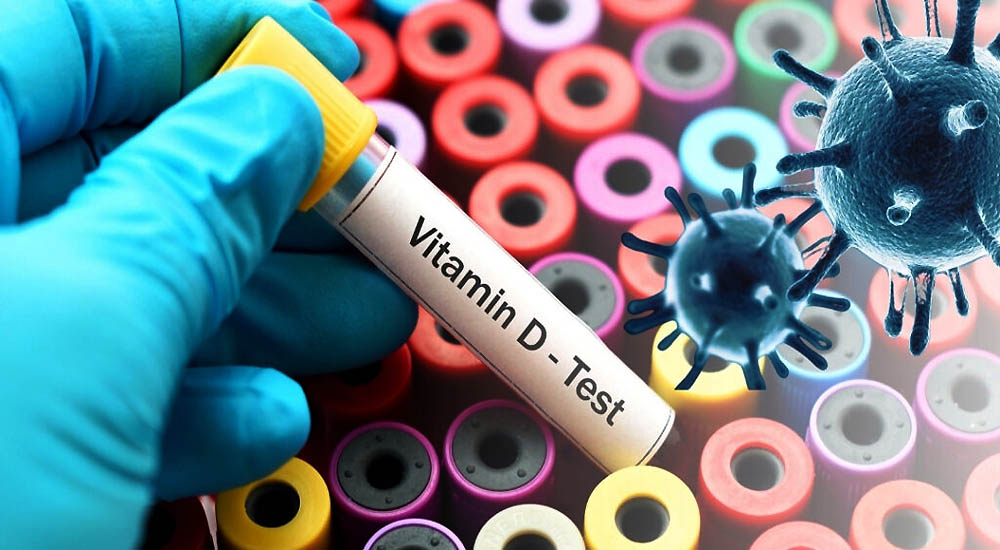Gluten and Digestive Disorders: What’s the Connection?
*** this article was take from www.glutenfreeandmore.com written by Dr Vikki Peterson
Problems with digestion are common among Americans and they tend to increase with age due to a decreased ability to manufacture hormones and detoxify
- IBS (irritable bowel syndrome): 10-15 percent of the population suffer; it is twice as common in women. Symptoms include cramping, abdominal, pain, bloating, gas, diarrhea, and/or constipation.
- Celiac disease: affects 1 percent of the population. Studies show it increases with age. Symptoms of celiac disease can vary widely including diarrhea or constipation, stomach pain, fatigue, and anemia.
- IBD (inflammatory bowel disease) which includes Crohn’s disease and ulcerative colitis: incidence is 1.3 percent. The symptoms associated with IBD differ depending on which disease you have, but can include abdominal pain, cramping, severe (sometimes bloody) diarrhea, and bloating.
- Non-celiac gluten sensitivity (NCGS): incidence is not confirmed but estimates vary from 2 percent to as high as 15 percent of the population. Symptoms of NCGS mimic those of celiac disease – those suffering can also experience headaches, fatigue, mood swings, and other neurological symptoms including nerve damage that causes a feeling of “pins and needles” in your arms and legs.
As you can see, there is much crossover between symptoms, making a proper diagnosis challenging at times.
Unfortunately, digestive problems are often ignored, sometimes for years by those suffering.
Why? Based on my experience, digestion is not something patients like to talk about; they find it embarrassing. The embarrassment coupled with a lack of appreciation of the importance of the digestive tract, and you have a combination of reasons to ignore digestive problems for as long as possible. Even when patients come into my office for their initial consultation, they will frequently preface a response about their digestion with: “You probably don’t want to hear about this, but ...”
Do you suffer with any of the previously mentioned digestive problems? Excluding celiac disease, has your doctor told you that what you eat will not affect your condition?
This is one of my pet peeves and it truly makes no sense when you think about it. If you have IBS or IBD and your doctor informs you that changing your diet is unnecessary, their reasoning is flawed. When I have discussed this with some primary care physicians, they inevitably state that it isn’t worth it to ask a patient to change their diet because they will not do it.
Adding insult to injury, if any dietary recommendations are made, it’s often to eat seemingly “soothing” foods such as bread and milk. What do you guess are the two most common food sensitivities associated with the digestive complaints mentioned above? Gluten and dairy.
What role does Leaky Gut play in these Conditions?
Some of the conditions we have been discussing are autoimmune diseases: celiac disease and IBD (including Crohn’s disease and ulcerative colitis). Research has shown that autoimmune diseases are impacted by gut health and a loss of integrity of the lining of the gut, called a leaky gut.
Dr. Alessio Fasano and his team from Harvard University released a study titled “Leaky Gut and Autoimmunity” in the journal Clinical Reviews in Allergy & Immunology.
A variety of diseases were examined, including IBS, asthma, multiple sclerosis, type 1 diabetes, and ankylosing spondylitis. The researchers stated that despite the difference among the symptoms created by each disease, there was a common thread underlying all of them. That causative agent was a leaky gut.
The bold theory put forth was as follows: “once the autoimmune process is activated, it is not auto-perpetuating, [but] rather can be modulated or even reversed by preventing the continuous interplay between genes and environment. Since tight junction dysfunction [leaky gut] allows this interaction, new therapeutic strategies aimed at reestablishing the intestinal barrier function offer innovative, unexplored approaches for the treatment of these devastating diseases.”
Stated more simply, if the environment (diet, toxins) or leaky gut, is properly addressed, the genetic predisposition driving you towards an autoimmune disease would not be sufficient to cause the disease to occur.
This is exciting news if you have a high genetic propensity towards a certain autoimmune disease. It means that if you make efforts to heal leaky gut by eliminating inflammatory foods and adding in healing foods and supplements, you might be able to take back control of your health. Gluten is felt to play a role in the creation of a leaky gut, especially in those with celiac disease and type 1 diabetes.
This opens the door to the effects of NCGS and the role it can play in autoimmune diseases. This research also debunks the notion that an autoimmune disease is “for life.” They clearly state “reversal” as a possibility, and the work we do here at the clinic confirms that possibility. Many of my patients have enjoyed reversal of their IBS, IBD, Hashimoto’s thyroiditis, and more.
Does a Gluten-Free Diet Help with Common Digestive Problems?
Genetic research found that celiac disease and Crohn’s disease share four genes that increase the risk for both diseases. Other researchers have noted common genes for celiac disease and ulcerative colitis.
Other studies show NCGS to be more prevalent than celiac disease in those suffering with Crohn’s disease or ulcerative colitis. Dietarily speaking, the differentiation is fairly moot, considering both conditions require a gluten-free diet, but it’s still important to look at the research of such correlation.
A study from the Journal of Clinical Gastroenterology validated that individuals with both Crohn’s disease and ulcerative colitis are more likely to test positive to antibodies for gluten, even if they do not have celiac disease.
A study from Inflammatory Bowel Disease noted that a gluten-free diet has helped with the symptoms associated with IBD, despite not having obvious celiac disease. Again, pointing to the role of NCGS in triggering symptoms.
A study from the World Journal of Gastroenterology involved doctors from Italy and the U.K. who surveyed their IBD patients. They discovered 28 percent of those suffering with IBD stated their symptoms worsened when they ate gluten-containing foods.
Confirming the suspicion that NCGS may be the greater culprit was a 2014 report from doctors in Japan. Celiac disease is quite rare in Japan and these doctors screened close to 200 patients with IBD and compared them with a similarly sized control group without IBD. They discovered that a full 13 percent of those with IBD tested positive for the presence of anti-gliadin antibodies, however none of them appeared to have celiac disease. Eight individuals each from the IBD and control group began a gluten-free diet. After six months, the control group had fewer IBD symptoms, especially diarrhea. During follow-up, it was confirmed that none of the individuals had celiac disease.
And yet another study published in Inflammatory Bowel Disease followed over 1,600 patients with IBD. Almost 20 percent had tried a gluten-free diet for their symptoms and two-thirds of those stated the diet had improved their digestive symptoms with 28 percent reporting fewer or less severe IBD flares. It was also noted that a gluten-free diet improved their levels of fatigue.
Summary:
It seems clear that gluten plays a role in not just celiac disease but IBD. The role gluten can play in creating a leaky gut and inflammation is likely at the core of IBD and other autoimmune diseases.
In my experience, the research I have cited here aligns with what we see in our patients. Other factors we take into consideration include additional sources of inflammation, such as dairy products, intestinal infections, and toxins like mold, viruses, and heavy metals. If you need assistance with your digestive health, I would be delighted to help you.
Do you need help with your health?
We have the diagnostic and testing tools, the clinical experience, and a different medical approach to discovering the root cause of why you have the symptoms that are bothering you. As long as you are ready to make some dietary and lifestyle changes, we can help you. We will "hold your hand" through the changes, step by step, to make each step an easy one. We are located in Clearwater, FL, at 1000 S Ft Harrison, at the corner of Ft. Harrison Ave. and Magnolia St. There is plenty of parking space directly accessible from Ft Harrison. If it is not convenient for you to come to Root Cause Medical Clinic, we offer telehealth/telemedicine consultations to residents of certain states. Call us for details.
Contact us for a Consultation – Call 727-335-0400

Dr. Vikki Petersen DC. CCN
Founder of Root Cause Medical Clinic
Certified Functional Medicine Practitioner
Dr Vikki Petersen is a public speaker, author of two books, several eBooks and creates cutting edge content for her YouTube community. Dr Vikki is committed to bringing Root Cause Medicine and its unique approach to restoring health naturally to the world.
Ask a Doctor
Have a health concern you'd like to speak with a doctor about? Or just want clarity on a subject? Ask Us!




